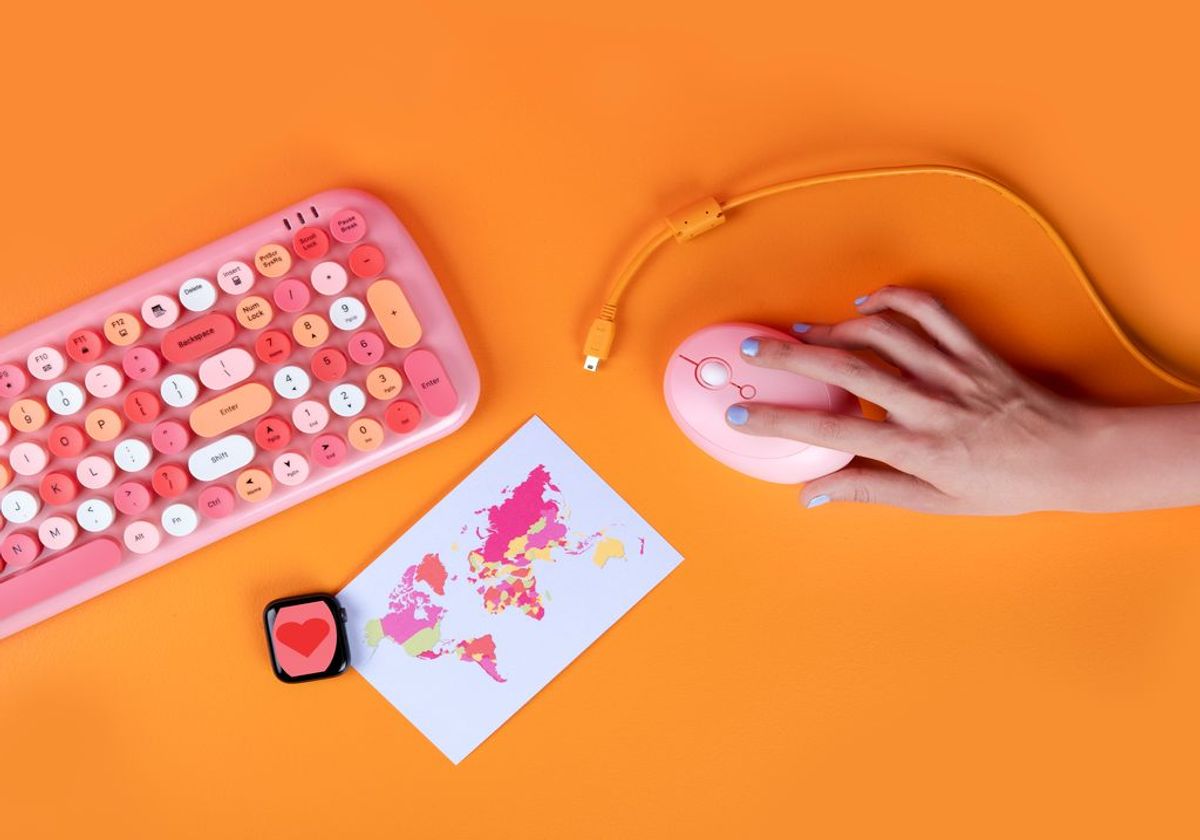Part 1:
It was 15 days into a lockdown that was testing me emotionally and physically when I received multiple notifications from a friend I had not met or spoken to in a while, Ahilya. My angst, which rose with each passing beep, turned to excitement as I read, “Hey Navya, this is super last minute, but we need 1 more team member for this hackathon. I know you are interested in tech, would you be down to join us?” I agreed without hesitation.
I logged onto Zoom at 6:55am the next morning, not knowing what to expect, but excited to spend the weekend working on something I love – technology. I remember being nervous just before the team zoom call began, with so many thoughts floating around in my head. Am I experienced enough to do something like this? All that went away when I saw three smiling faces on my laptop screen.
I had never met Pragya or Mallika before, and as the hackathon kicked off, we started brainstorming ideas to work on. There were four themes – economy, environment, education, and healthcare. We reviewed all and unanimously agreed to move forward with healthcare. Each one of us voiced difficult experiences with doctors in India as a result of our gender. All of us knew the healthcare system in India for women is broken. However, none of us knew that on that fateful day, we were looking at future co-founders and teammates with a mission to be part of the solution. Over the weekend we solidified a business plan, implementation strategy, financial statements, wireframes, and product feature specifications. My heart warms as I think about our serendipitous journey – none of us were close when the hackathon kicked off, most of us did not know each other, and 9 months in, we have still not been in the same room together as a team. I’m grateful because at some point during that 35-hour hackathon, we subconsciously decided to let our barriers down and take a leap of faith into what would lead to the birth of a company that is fueled by immense passion.
Part 2:
We reunited a week after the hackathon finished to review the results: we did not win. That did not break our spirit. Instead, it encouraged us to discover what healthcare issues – personal or industry-specific – the average Indian woman was facing in India. Much of April was spent on the quest for an answer: we surveyed 350 women, spoke to 40 doctors, and researched the nuances of the healthcare space in India.
A month into our research, we felt much more confident about our knowledge of the industry and decided to launch our Instagram and content-focused website. Our Instagram, at 23K today, has always been a solution-driven content platform. We produce digestible, bite-sized content for our users on varying health and wellness topics with the help of the 40+ doctors we onboarded. As a result of sheer determination and unrelenting perseverance, we convinced these doctors online for weekly interviews on a range of complex issues from borderline personality disorders, menopause, endometriosis, and much more. And at no point did we deprioritize our partnership network. In July we partnered with Red is the New Green and Global Shapers, a World Economic Forum initiative, to distribute more than 3,00,000 sanitary pads to adolescent women from low-income communities across Mumbai. In August, we conducted a design thinking workshop encouraging women to design their ideal sanitary pad, along with award-winning startup, Saathi.
Simultaneously, we were working out the kinks of building a telemedicine platform. Between June and September, we conducted 50+ user interviews and connected 35+ individuals to doctors from our platform. Our learnings were steep. While conversing with doctors and patients, we realised there was a dearth in the market for women-centric nutraceutical products.
In the following months, we formulated supplements with the help of nutritionists, gynecologists, dermatologists, psychiatrists, and pharmacists. We applied for our food license and placed our products into stability tests to ensure their efficacy. We built medical and business advisory boards, and without specifying details, we wanted to thank our mentors and advisors for the invalubale role they have played in bringing Aara Health to life.
Once again, despite the focus on growing our business into a revenue-generating organization, we continued building partnerships. In November, we collaborated with Georgia Institute of Technology (Georgia Tech) to build a women-only WhatsApp and Telegram community to facilitate open and judgment-free conversations about diverse topics affecting women’s health and wellbeing. We completed a 5-part menstruation series in December, with an anti-child trafficking organization called Prerna. Now, in 2021, we are excited to share that we are solidifying our focus on preventative care and wellness – please keep a lookout for all our upcoming products. We cannot wait to hear what you think!
